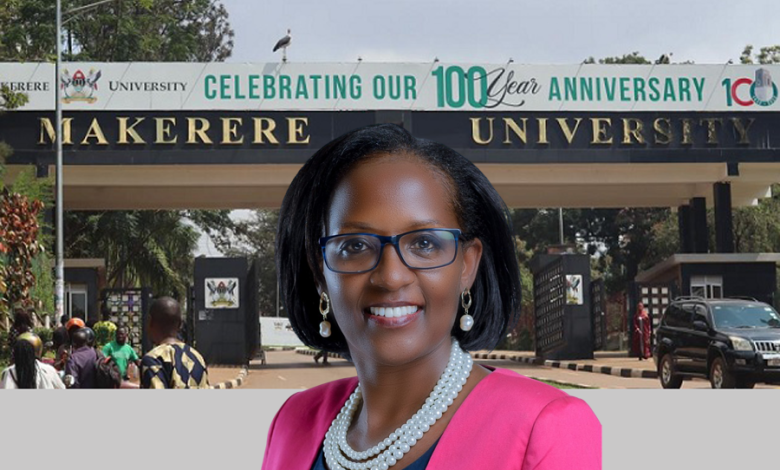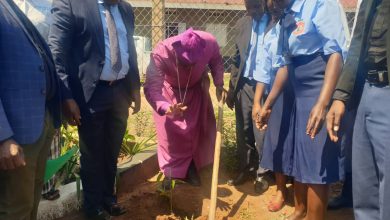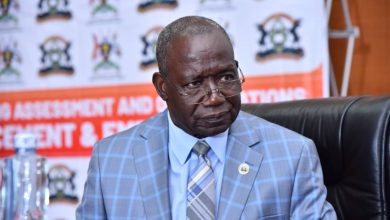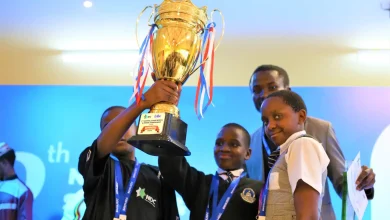Makerere Calls for Curriculum Reforms to Foster Critical Skills

Education
The Chairperson of Makerere University Council, Lorna Magara, has called on the College of Humanities and Social Sciences (CHUSS) to take the lead in advocating for curriculum reforms aimed at equipping students with vital skills such as analytical thinking, problem-solving, ethical reasoning, digital literacy, and community engagement.
Magara made the remarks at the 2024 CHUSS Centre of Excellence in Research, Teaching, and Learning (CERTL) International Conference in Kampala, which was held under the theme, “Leveraging Centers of Excellence: Key to Our Transformation.”
She emphasized the role of Centers of Excellence in driving educational transformation, urging that they be used to shape and enhance the curriculum in a way that prepares students for the challenges of the modern world.
“These reforms are vital for equipping graduates and teaching staff with the skills necessary to address societal challenges and remain competitive in the digital era,” Magara said.
She also underlined the importance of sustaining key activities such as the New Hires’ Workshops, which are designed to familiarize new teaching staff with university policies and practices, ensuring that they are well-prepared to contribute to the transformation of the academic environment.
The Centre of Excellence in Research, Teaching, and Learning has been running a groundbreaking $800,000 (UGX 2.9 billion) project over the past four years.
This initiative aims to enhance the skills of graduates, teaching fellows, and graduate students in research, teaching, and learning. It is the first of its kind in East and Central Africa and has contributed significantly to enhancing academic excellence at Makerere University.
Prof. Helen Nambalirwa Nkabala, Principal of CHUSS, emphasized the importance of community involvement in the research process, highlighting its role in addressing real-world problems. “Our goal is to integrate these ideas into university structures to ensure sustainability,” she said.
The project’s Principal Investigator, Prof. Josephine Ahikire, and Co-Principal Investigator, Dr. Edgar Nabutanyi, also shared insights on how the initiative would leave a lasting impact on Makerere’s teaching and learning ecosystem, ensuring that the university remains a leader in educational innovation.
The conference brought together academics, researchers, and stakeholders to discuss how such programs can transform not just Makerere University but also higher education in the broader region.
The discussions underscored the growing recognition that fostering critical skills and integrating community involvement into higher education are key to preparing students for the future.




